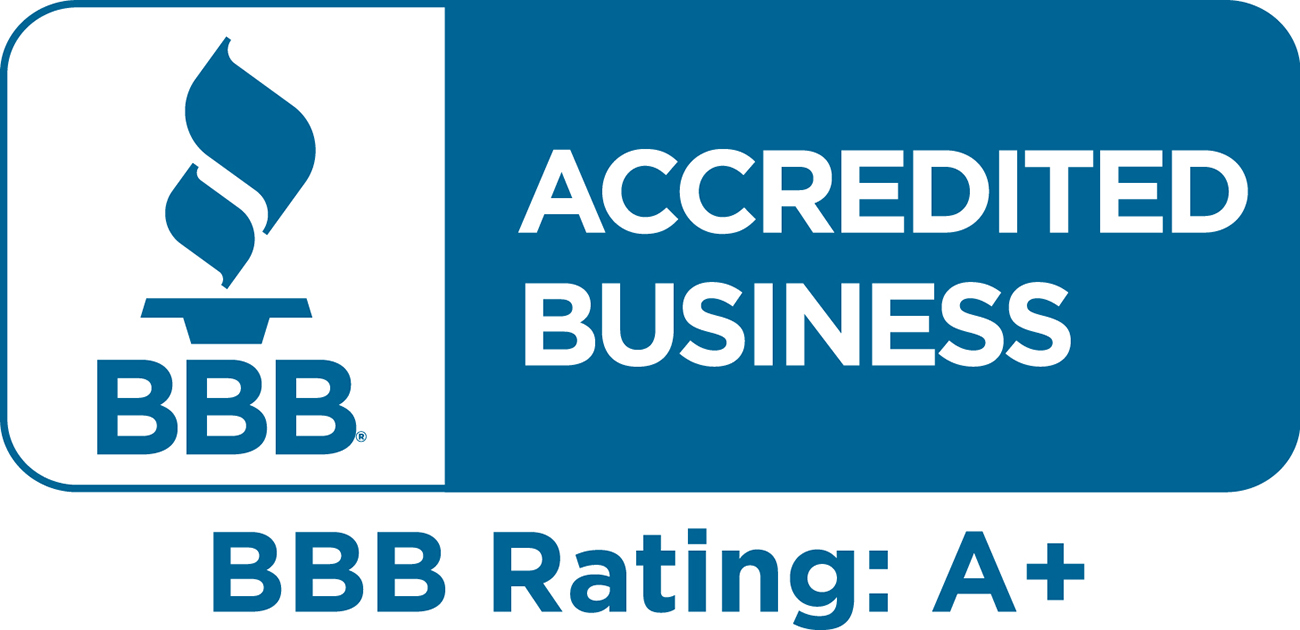Small Claims
Small Claims
Small claims court is a special court where disputes are resolved quickly and inexpensively. The rules are simple and informal. The person who sues is called the plaintiff. The person who is sued is called the defendant. You are not allowed to have a lawyer represent you at the hearing in small claims court. But you can talk to a lawyer before or after court.
You can sue in small claims court if you are:
- At least 18 years old
- An emancipated child.
If you are not mentally competent, or you are under 18 years old (and not emancipated), a judge must appoint a “guardian ad litem” to represent you in small claims court. A guardian ad litem is an adult appointed by the court to represent you ONLY in the case in question.
If You Are suing
Talk to the person or business you are thinking about suing. Try to work things out before going to court. You can also write a “demand letter” that asks the person or business in writing what you are asking for.
Try mediation or other alternatives to lawyers and courts. You can try mediation throughout your case, even if it does not work the first time you try.
Consider if going to court can give you what you want. If you win in court, the court cannot collect the money for you. Is the person you are suing able to pay? If you want to sue a neighbor because the neighbor behaves badly, will suing make the neighbor behave better? Courts cannot force good behavior. Will the time and money it takes to go to court be worth the likely outcome? Ask yourself these questions before filing your claim so you do not find yourself worse off after suing than if you did not sue at all.
Learn about how small claims court works. Go to the courthouse and watch a small claims hearing. That way you will know what to expect.
If You Are Being sued
- Talk to the person or business that is suing you. Try to work things out. If you owe the other person money, pay it or try to work out a payment plan before the court date.
- Try mediation or other alternatives to lawyers and courts. You can try mediation throughout your case, even if it does not work now.
- Learn about how small claims court works. Go to the courthouse and watch a small claims hearing. That way you will know what to expect.
- Figure out if you are being sued in the wrong court. Every county in California has a small claims court. The person suing you (called "the plaintiff") has to sue you in the right court.
- Decide if you want to sue the person who is suing you. If you do, learn how to file a defendant's claim.
- Get ready and go to your trial.
- After your hearing, read what to do on the Defendant's Post-Trial Checklist.
Read What to Do After the Court Decides Your Small Claims Case (Form SC-200-INFO).
If you did not go to the trial for a good reason, you can ask the court to vacate (cancel) your judgment (called a “default judgment”) and give you a new trial date.
You will need to file a form called Notice of Motion to Vacate Judgment and Declaration (Small Claims) (Form SC-135).
If you went to the trial and lost, you may ask for a new trial. You will need to file a Notice of Appeal (Small Claims).
Client Education
Where Should A Claim Be Filed?
Usually, the plaintiff can sue you in the county where you live or do business. But there are other possibilities depending on the specifics of the claim:
If you are being sued because of a contract
- You can be sued in the county where you signed the contract. You can also be sued where you lived or worked when you signed the contract. And you can be sued where the contract was performed (or was to be performed) or where it was broken.
If your corporation is being sued
- The corporation can be sued where the contract was broken. If the person suing says he or she was hurt, or if his or her property was damaged, the corporation can be sued where that happened. A corporation can also be sued where its office or business is located. But if your corporation is not licensed to do business in California, it cannot appear in court to defend itself, and the other side can ask the court for a judgment in their favor.
If you are being sued because of a car accident
- The plaintiff can sue you in the county where the accident happened or in the county where you live now.
If the plaintiff (a seller) says you owe them money for a consumer purchase
- The plaintiff can sue:
Where you (the buyer) live
Where you (the buyer) lived when you made the purchase
Where you (the buyer) made the purchase
Where the item purchased is located.
If the plaintiff is suing you because you bought something or I paid for a service
- The plaintiff can sue in the county:
Where you (the buyer) live
Where you (the buyer) lived when the item or service was purchased
Where you (the buyer) bought or paid for the item or service
Small claims court is often a great resource. But a dispute in small claims court is still a court case, in a courthouse, before a judge, and the court process can be long, time consuming, and frustrating. Because of this, it is a good idea for you to think about other ways to resolve your dispute.
A great option is mediation, where you and the other side meet with a neutral person – called a mediator – who is specially trained to help people resolve their disputes without having to go in front of a judge. In mediation, everyone works together to find a solution, instead of having the judge make a decision.
The mediator will not force you to reach an agreement. Whether you decide to resolve your dispute, and how you resolve it, is up to the 2 of you. And if you cannot settle, you can still go in front of a judge to decide. There is nothing to lose by trying mediation, and there is a lot to gain.
Plan what you are going to say
- You will have to explain to the judge why you are filing a claim and what you want him or her to order. Decide what your main points are and take proof. Try to think of what the other person might say and how you will answer. You can also talk to a lawyer before court.
Prepare the proof to take to court
- Take any papers that support your story and take 2 more copies of everything. This is called “evidence.” Evidence can be:
Contracts
Estimates (take at least 2)
Bills
Photographs
Diagrams that show how an accident happened
Police reports
If you need papers that someone else has, fill out a Small Claims Subpoena for Personal Appearance and Production of Documents at Trial or Hearing and Declaration (Form SC-107) and request these documents.
Take copies of all your court papers and your Proof of Service
Take people to support your story (witnesses)
- Take witnesses who saw what happened or who are experts on that subject. For example, a neighbor who saw the accident or a mechanic who looked at your car.
Do not bring people unless you know they will support you. Witnesses who are not friends or relatives may be more effective in proving your case. But sometimes the only witnesses are your friends and relatives. They should testify and present themselves in a professional manner and be objective and not emotional.
If you need a witness to go to your hearing that cannot or will not go voluntarily, fill out a Small Claims Subpoena(Form SC-107) to order them to go.
If you do not speak English well, take an interpreter to help you
- Ask your court clerk at least 1 week before your hearing to see if the court can provide an interpreter for you. In some courts, they can provide interpreters for free if you qualify for a fee waiver. If not, you have to take your own interpreter. Do not ask a child or a witness to interpret for you.
You have the right to get your hearing delayed so you can get an interpreter.
If you are deaf, hard-of-hearing, or have another disability request an accommodation
- Ask your court’s ADA coordinator or court clerk at least 1 week before your hearing. Get more information about the rights of persons with disabilities and a form to request an accommodation.
You are now ready to go to your trial!

